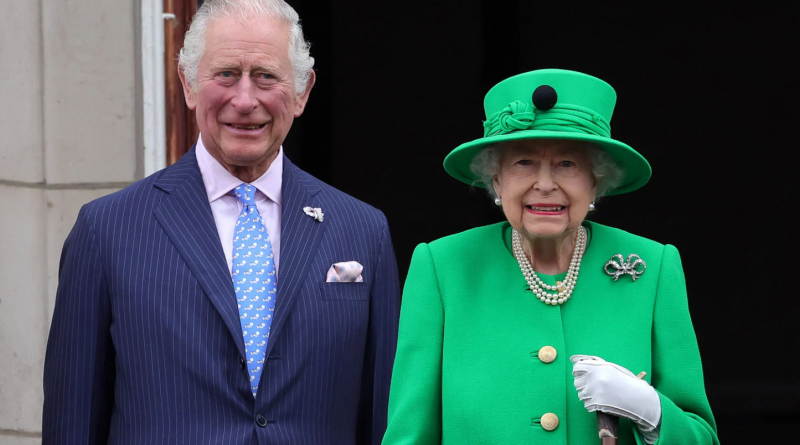Queen Elizabeth II dies at age 96; eldest son Charles is now King of the United Kingdom
Queen Elizabeth II, Britain’s longest-serving monarch – and Antigua and Barbuda’s official Head of State – died at age 96 on Thursday afternoon, September 8, at Balmoral Castle.
According to the rules of succession, Charles, her eldest son, has immediately succeeded her and is now King.
International reports say the Queen’s doctors had been concerned about her health and had recently placed her under medical supervision.
Media houses in the United Kingdom and across the world had been following developments about her condition, and news of her death prompted immediate articles and documentaries to flood traditional and social media.
Condolences and tributes have been pouring in from world leaders, and hundreds of her subjects have been gathering outside Buckingham Palace to mourn their queen.
Queen Elizabeth ascended the throne upon the passing of her father, King George VI, and reigned for 70 years. This year, she oversaw activities across the Commonwealth to mark her Platinum Jubilee.
News reports say she appointed 15 British prime ministers during her reign – the most recent being Liz Truss on Tuesday, September 6, as a replacement for Boris Johnson.
Queen Elizabeth has been Antigua and Barbuda’s titular Head of State since the country attained political independence from Britain in 1981. Her official representative here is the Governor-General, currently Sir Rodney Williams.
Flags are likely to be flown at half-mast on government buildings, followed by activities to commemorate the life and death of the late Queen.




